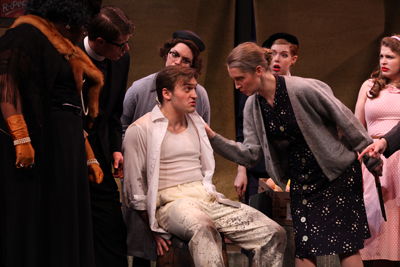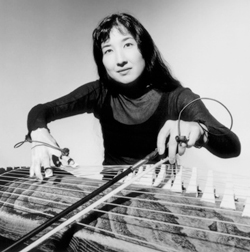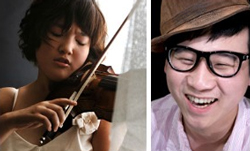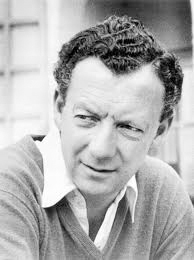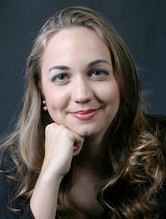by Kelly Ferjutz, Special to ClevelandClassical
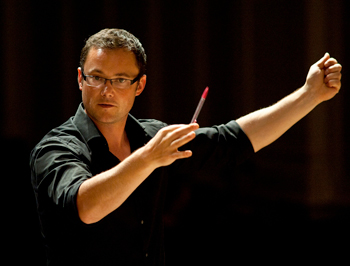
Of course, that’s because the Orchestra, with guest conductor Matthew Halls, was luminous enough in itself to have lit up the skies like daylight. The evening’s program – and homage to Mozart — began with the overture to his opera Idomeneo. Mr. Halls drew lovely sounds from the musicians in front of him with his decisive movements and graceful hand motions. [Read more…]




 PAND — Performers and Artists for Nuclear Disarmament — was formed in 1984 during the height of the U.S.-Soviet arms race, which threatened, even in the case of a limited nuclear war, to destroy human civilization and much of life on the Earth.
PAND — Performers and Artists for Nuclear Disarmament — was formed in 1984 during the height of the U.S.-Soviet arms race, which threatened, even in the case of a limited nuclear war, to destroy human civilization and much of life on the Earth.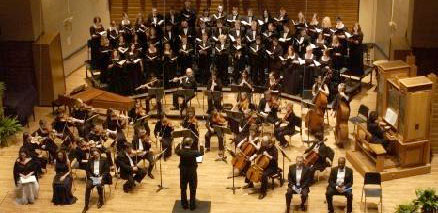 The 82nd Baldwin Wallace Bach Festival takes place this weekend in Gamble Auditorium of the BW Conservatory in Berea and marks the last festival to be directed by Dwight Oltman, who retires at the end of the academic year. See the concert listings for details and note that the St. John Passion is already sold out.
The 82nd Baldwin Wallace Bach Festival takes place this weekend in Gamble Auditorium of the BW Conservatory in Berea and marks the last festival to be directed by Dwight Oltman, who retires at the end of the academic year. See the concert listings for details and note that the St. John Passion is already sold out.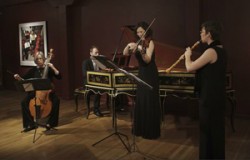 At its fifth anniversary benefit concert on April 12, Les Délices artistic director Debra Nagy announced that the ensemble, which specializes in French baroque music, would present four pairs of concerts next season with a bonus performance in September.
At its fifth anniversary benefit concert on April 12, Les Délices artistic director Debra Nagy announced that the ensemble, which specializes in French baroque music, would present four pairs of concerts next season with a bonus performance in September.
